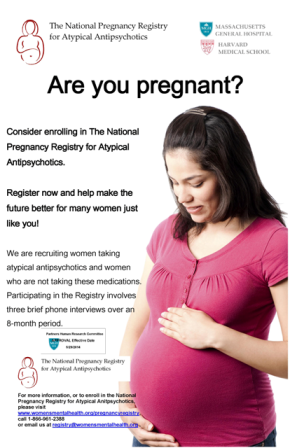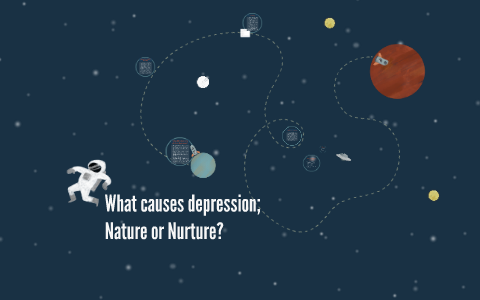
What are the top ten signs of depression? How to recognize the symptoms of mental illness? Symptoms of depression include: Sadness. Loss of interest in activities once enjoyed. Withdrawal from social activities.

Inability to concentrate. Fatigue or loss of energy. Decreased pain tolerance (aka everything hurts more) Does it ever feel like your nerves are on. Back pain or aching muscles all. It causes severe symptoms that affect how you feel, think, and handle daily activities, such as sleeping, eating, or working.
It is a serious illness caused by changes in brain chemistry. Depression is more than just feeling “down. Research tells us that other factors contribute to the onset of depression, including genetics, changes in hormone levels, certain medical conditions, stress, grief or difficult life circumstances. It can have both mental and physical symptoms. You only need a few of these symptoms to be diagnosed with depression: Low mood , feeling sad , irritable or angry.
Feeling bad about yourself, guilty or worthless. Low energy , feeling less able to do things. Physical aches and pains with no obvious cause. Eating disorders , a separate class of mental health disorders, can cause malnutrition , weight loss , amenorrhea in women, or electrolyte imbalances caused by self-induced vomiting. Mental illness, also called mental health disorders, refers to a wide range of mental health conditions — disorders that affect your moo thinking and behavior.
Examples of mental illness include depression, anxiety disorders, schizophrenia, eating disorders and addictive behaviors. If the symptoms are mil you might simply experience a persistent low mood. The symptoms of depression may surprise you.
Read more and see if you or a loved one suffers with depression. The signs and symptoms of depression may be hard to notice at first, so it’s important to be aware of your thoughts, moods, and behaviors and note if they start to change. Many people who experience depression also have other mental health conditions. Anxiety disorders often go hand in hand with depression. These feelings can interfere with daily activities and may last for a long time.
Lack of interest in activities. Hopelessness or guilty thoughts. Feelings of worthlessness or guilt. Changes in movement (less activity or agitation). Insomnia or oversleeping.

Slowed movements or restlessness. Appetite or weight changes. In teens, symptoms may include sadness, irritability, feeling negative and worthless, anger, poor performance or.
No comments:
Post a Comment
Note: Only a member of this blog may post a comment.